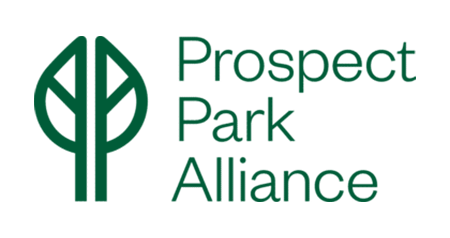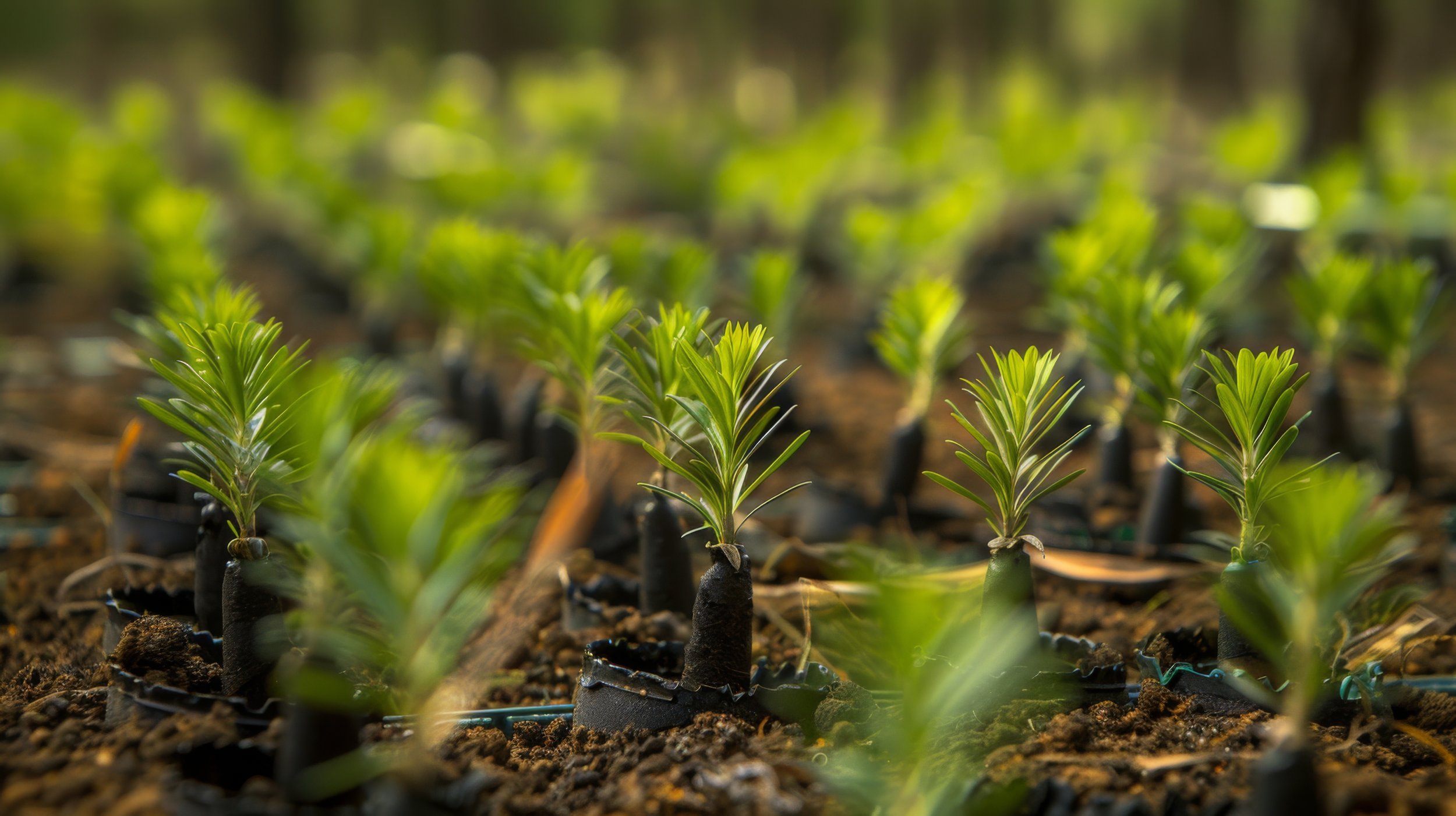
Our Zero-Waste Commitment
Why Zero-Waste Matters
Our dedication to zero-waste, carbon-neutral catering stems from the urgent need to address food system impacts: food waste accounts for 10% of global greenhouse gas emissions and makes up nearly a quarter of all materials sent to U.S. landfills and incinerators. Meanwhile, microplastics are increasingly contaminating our food supply, which is why we've committed to eliminating single-use plastics from our operations entirely.
We believe exceptional hospitality should nourish both guests and the planet. We compost, recycle, and upcycle everything we use to create your events.
The best part? We handle all of this behind the scenes, so you get beautiful, memorable events without any extra effort or compromise.
The Oberon Group: Pioneering Sustainable Hospitality
Purslane is part of The Oberon Group, a hospitality company founded on the principle that exceptional service and environmental responsibility are inseparable. Every Oberon venture prioritizes sustainability from conception to daily operations, considering the long-term impact on our community and planet.
In 2019, we opened Rhodora, NYC's first zero-waste restaurant and wine bar, proving that fine dining and environmental stewardship work in perfect harmony, profiled by the New York Times. Rhodora's approach extends beyond zero-waste operations to include a non-hierarchical staffing model that creates an equitable workplace for all team members.
This commitment to environmental and social sustainability drives everything we do. As part of the Oberon Group, Purslane benefits from shared learnings that continuously improve our sustainable practices across all ventures.
Root-to-Plate Carbon Neutral
We are certified as a Scope 3 Carbon Neutral organization. This requires that we take a comprehensive approach, working with Zero Foodprint to offset the carbon impact of our entire business, including our supply chain and sourcing practices. By investing in regenerative agriculture and other carbon capture projects across the United States and globally, we ensure that our operations are carbon neutral.
Behind-the-Scenes: Zero to Landfill
Your events with Purslane produce zero landfill waste. We handle all composting and recycling on-site, so you can focus on your guests while knowing that every bottle, can, and food scrap is properly diverted from landfills. This same zero-waste approach applies to all our delivery and drop-off services—no extra effort required from you.
Plastic-Free Deliveries
We've eliminated single-use, non-compostable plastics in our drop-off service to prevent microplastic contamination in your food and our environment. Through our partnership with noissue, we provide compostable plates, containers, and utensils made from renewable resources with no harmful additives. For deliveries, we use fully recyclable packaging materials. This means no plastic water bottles, plastic food containers, or plastic cutlery at your event - just sustainable alternatives that perform just as well without the environmental cost.
Next-Level Sustainable Events
Purslane offers TRUE for Events certification, allowing our clients to host events that achieve their zero-waste goals with official documentation.
Our Suppliers and Partners in the Agricultural Community
We work with vendors who share our commitment to promoting sustainable, local, seasonal, and regenerative food production while prioritizing women- and minority-owned businesses. The majority of our ingredients come from farms and producers within 200 miles of NYC, ensuring freshness while minimizing transportation emissions.
Our Mission-Aligned Community Partners
Our Partners in Operations
TRUE Certification & Advisors
As TRUE Advisors , key members of our team are trained on the TRUE Rating System for Zero Waste. TRUE Advisors understand the requirements of the rating system, help projects achieve TRUE certification, and are committed to advancing zero waste values and policies.
Terracycle
We partner with Terracycle to recycle materials that can't be processed through standard municipal recycling, including specialty items that would otherwise go to landfills.
ChiPS
When we have surplus ingredients or produce that doesn't meet our presentation standards, we donate it to CHiPS (Community Help in Park Slope), a neighborhood food pantry that has served our community since 1971. This partnership ensures quality food reaches families in need rather than going to waste.
Plant-Powered Carbon Challenge
As a leading signatory to NYC’s challenge, we pledge to make a 25% reduction in our food-related carbon footprint by 2030 through delicious, plant-powered food.
noissue
Provides sustainable and recyclable packaging materials, such as compostable mailers and biodegradable stickers.
Metropolitan Recycling
Our local composting facility that processes our organic waste into nutrient-rich compost, diverting it from landfills.
Glossary of Terms
Biodegradable: A material that can decompose naturally and blend back into the earth given the right conditions, such as the presence of microorganisms, fungi, or bacteria. Ideally, the decomposition process should not leave behind any toxic residue.
BPI-Certified: A product that has undergone a stringent testing process and has been verified to meet the Biodegradable Products Institute's compostability standards, ensuring that it can break down safely in commercial composting facilities.
Carbon Footprint: The total amount of greenhouse gases, primarily carbon dioxide (CO2), released into the atmosphere directly or indirectly by an individual, organization, event, or product throughout its lifecycle. Measuring and reducing carbon footprints is essential for mitigating climate change.
Carbon Neutral: Achieving a balance between greenhouse gas emissions and an equal amount of independently verified carbon offsets, resulting in what is also known as net zero emissions.
Compostable: A material that can fully decompose into non-toxic components that support plant growth when provided with appropriate conditions, such as in a composting facility.
Renewable Energy: Energy obtained from naturally replenishing sources, including sunlight, wind, water, and geothermal heat. Unlike fossil fuels, renewable energy sources have a lower environmental impact and help reduce greenhouse gas emissions.
Zero Waste: A goal of eliminating waste sent to landfills or incinerators by minimizing waste generation, maximizing recycling and composting, and finding alternative uses for materials.
Want to learn more and get involved?
Email us at info@purslane.com.
PHOTO CREDITS
Vito Oliva, Yale Kim, Winnie Au for The New York Times



















